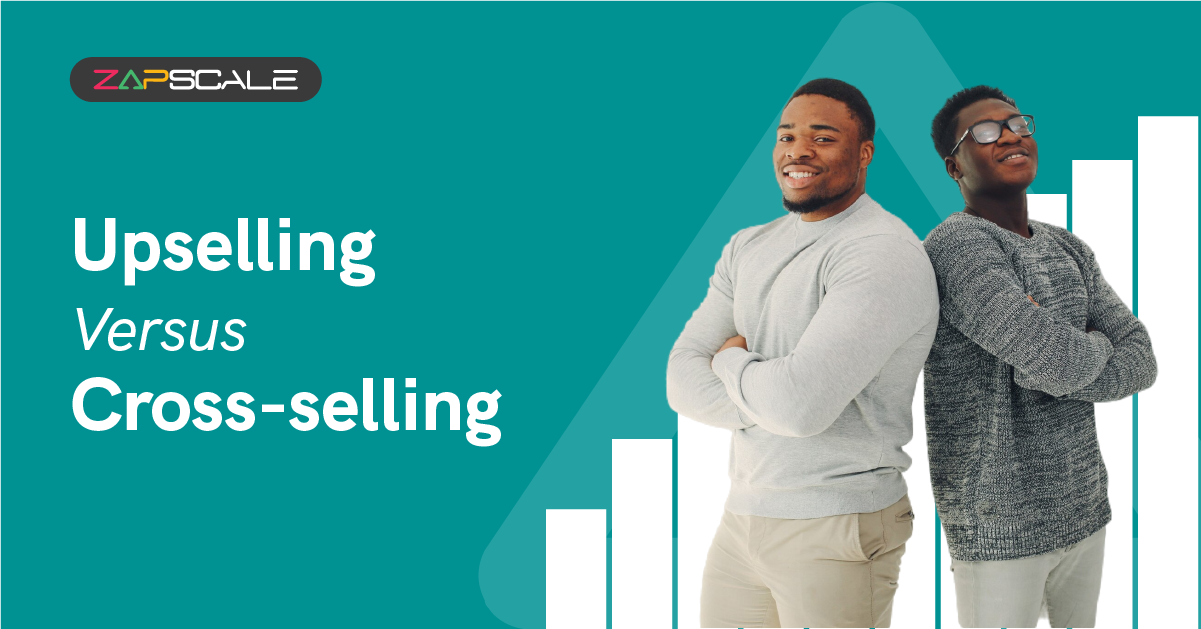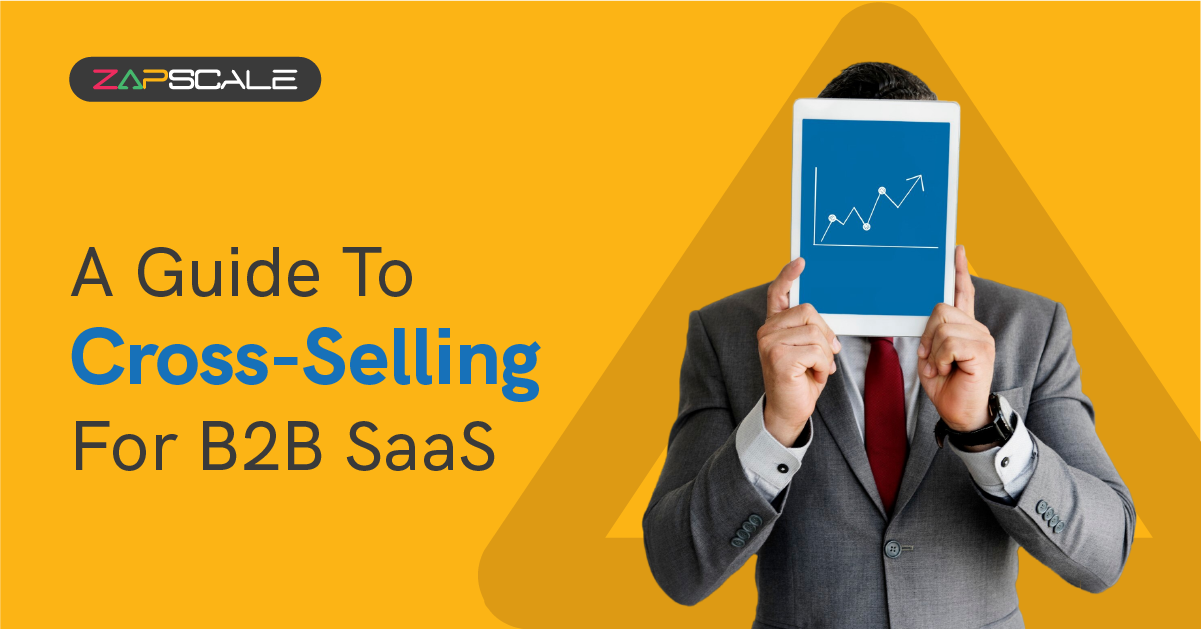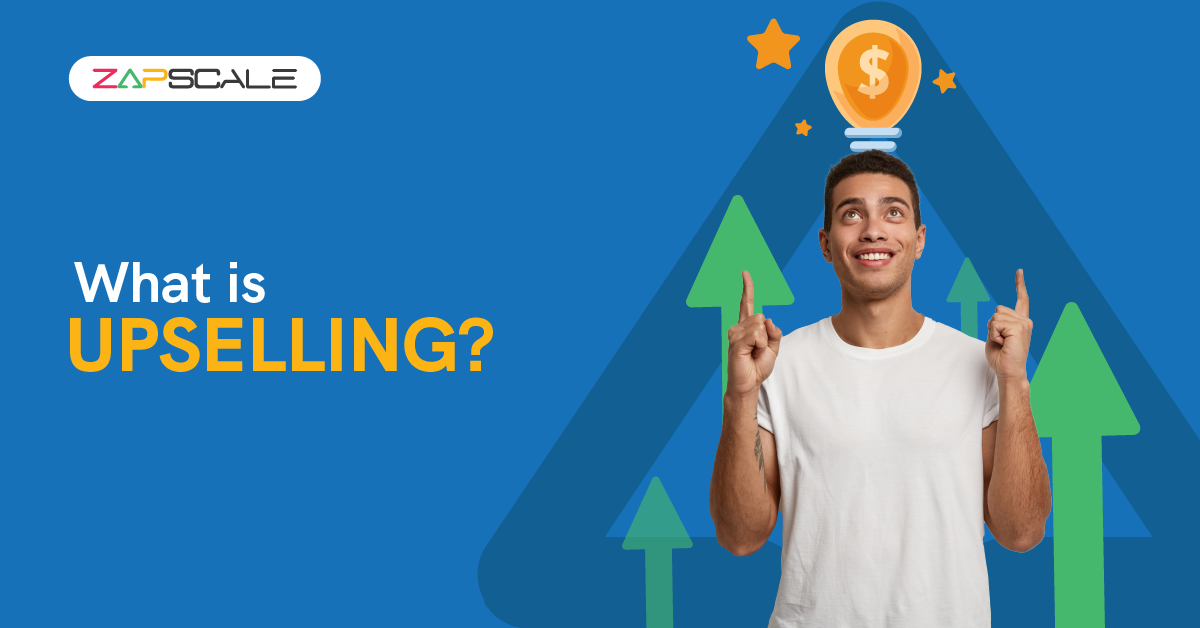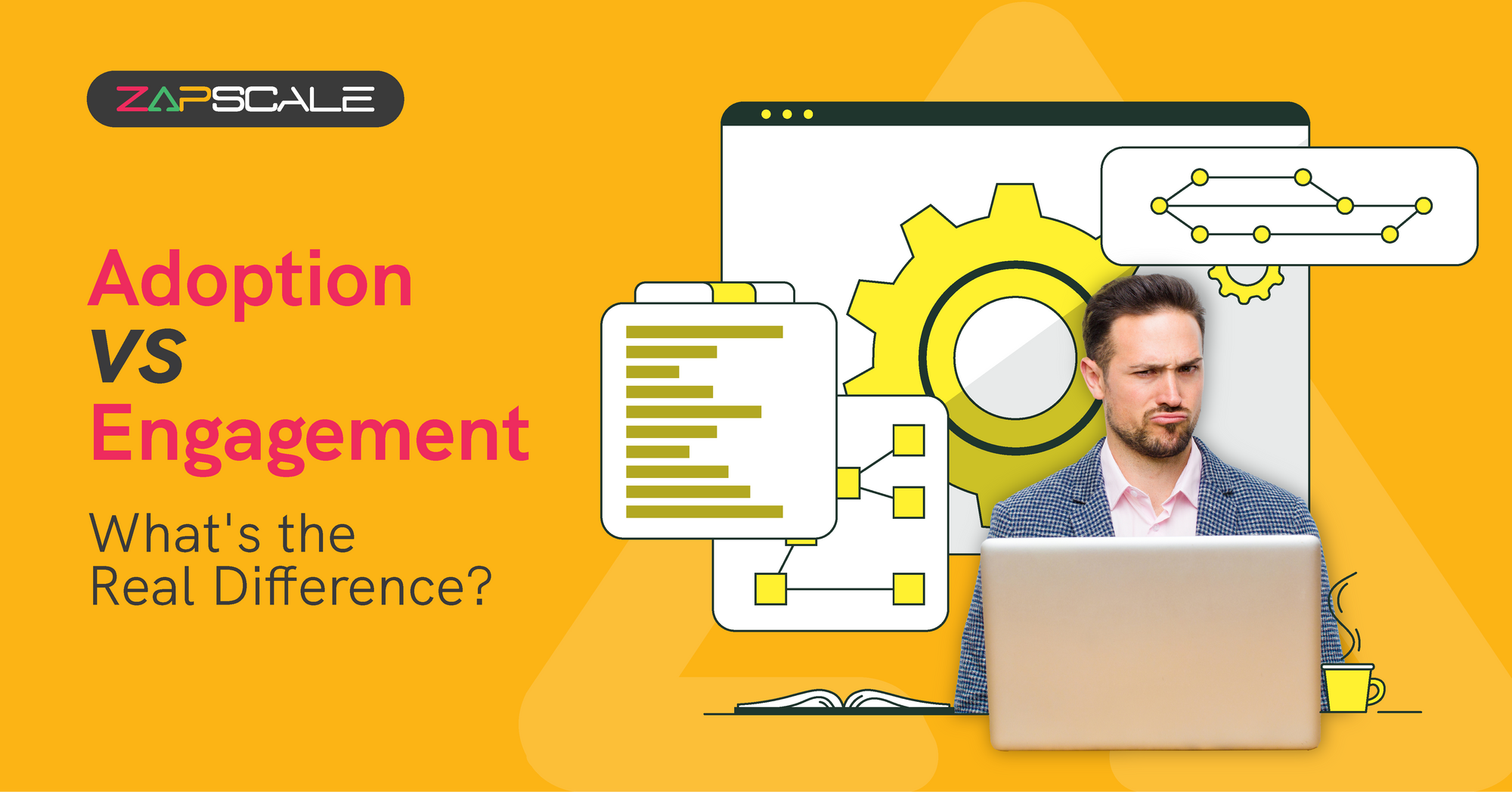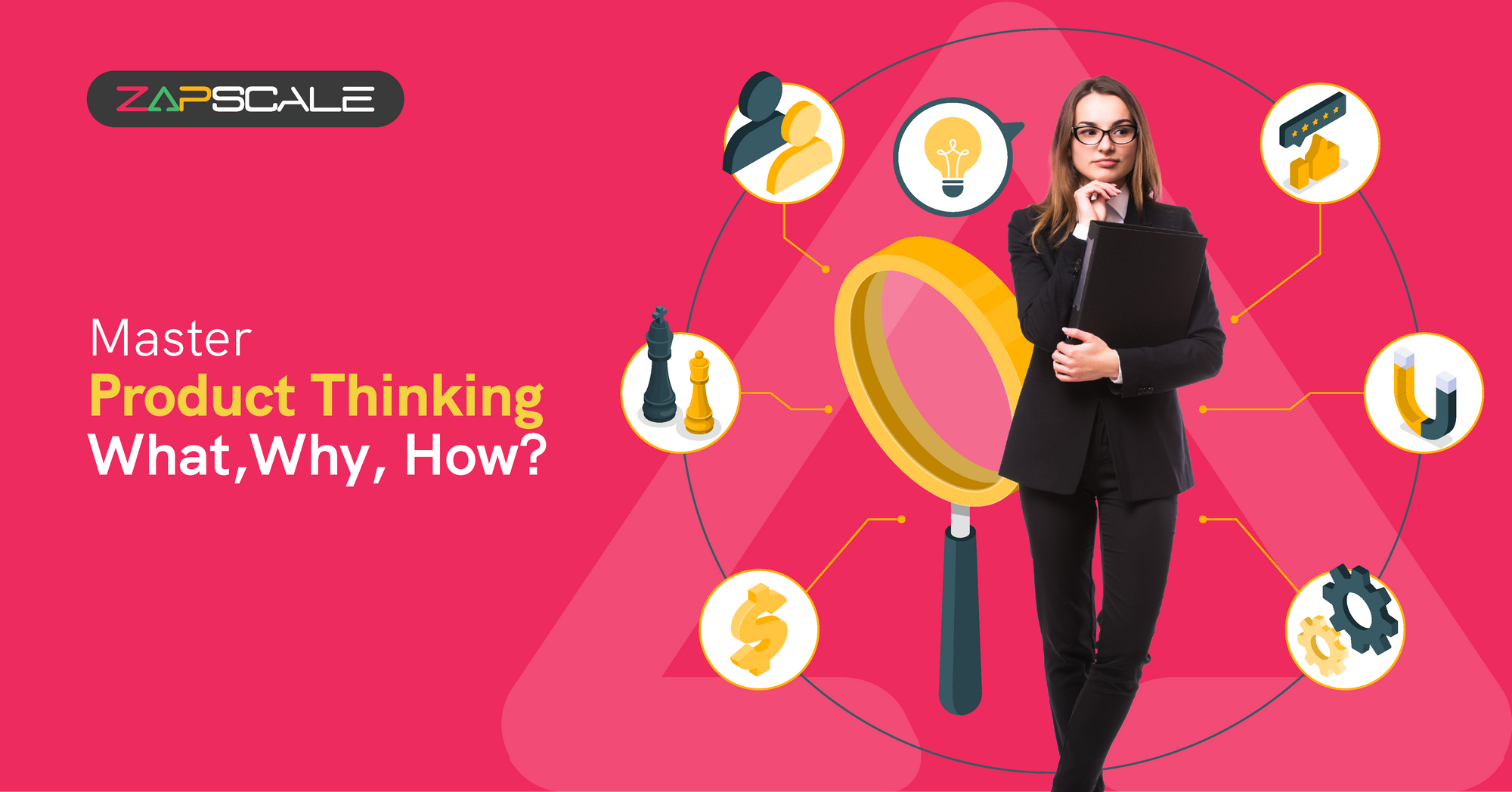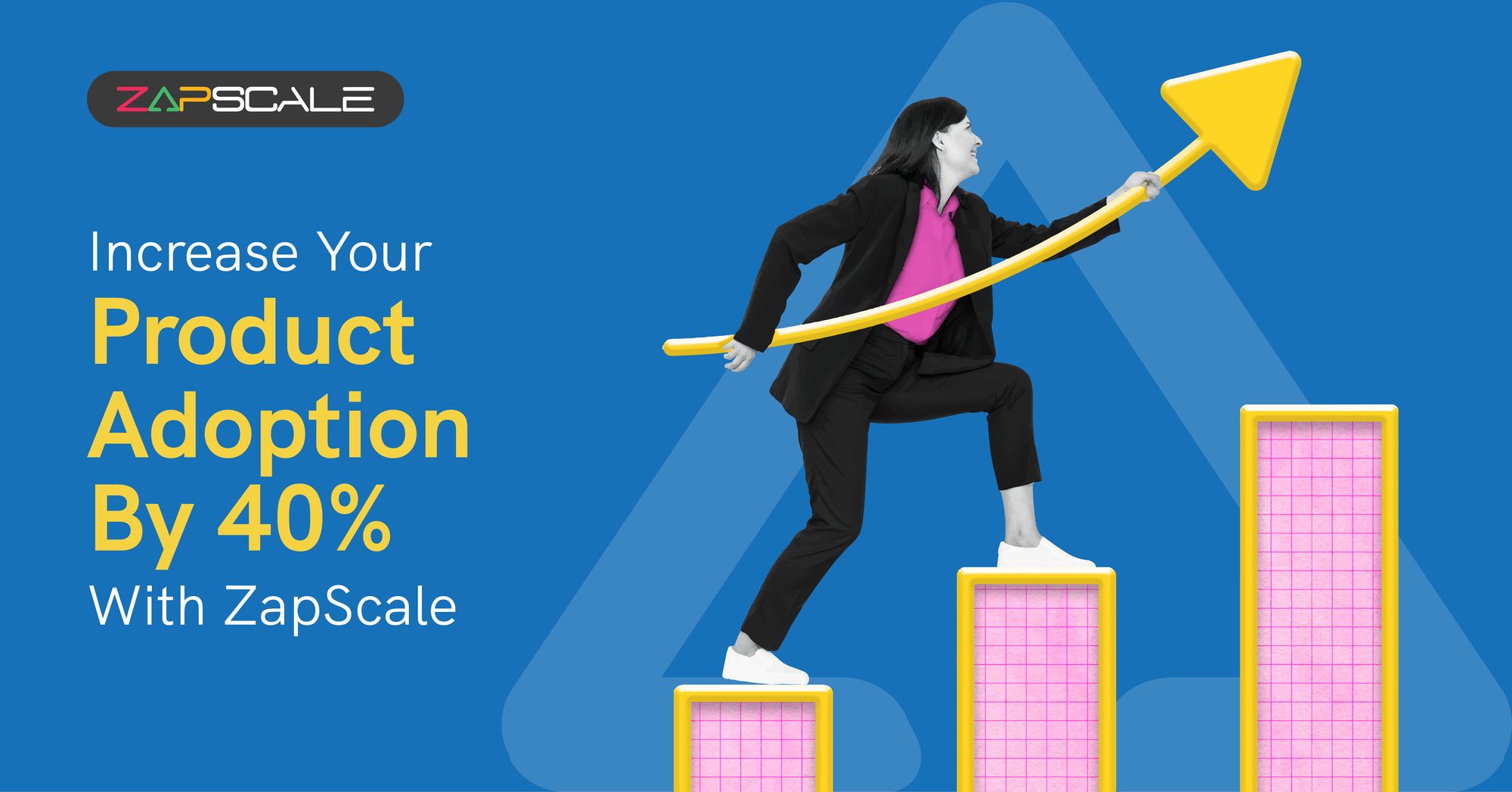CATEGORY > Customer Expansion
The Ultimate Guide To Generating Revenue With Customer Expansion
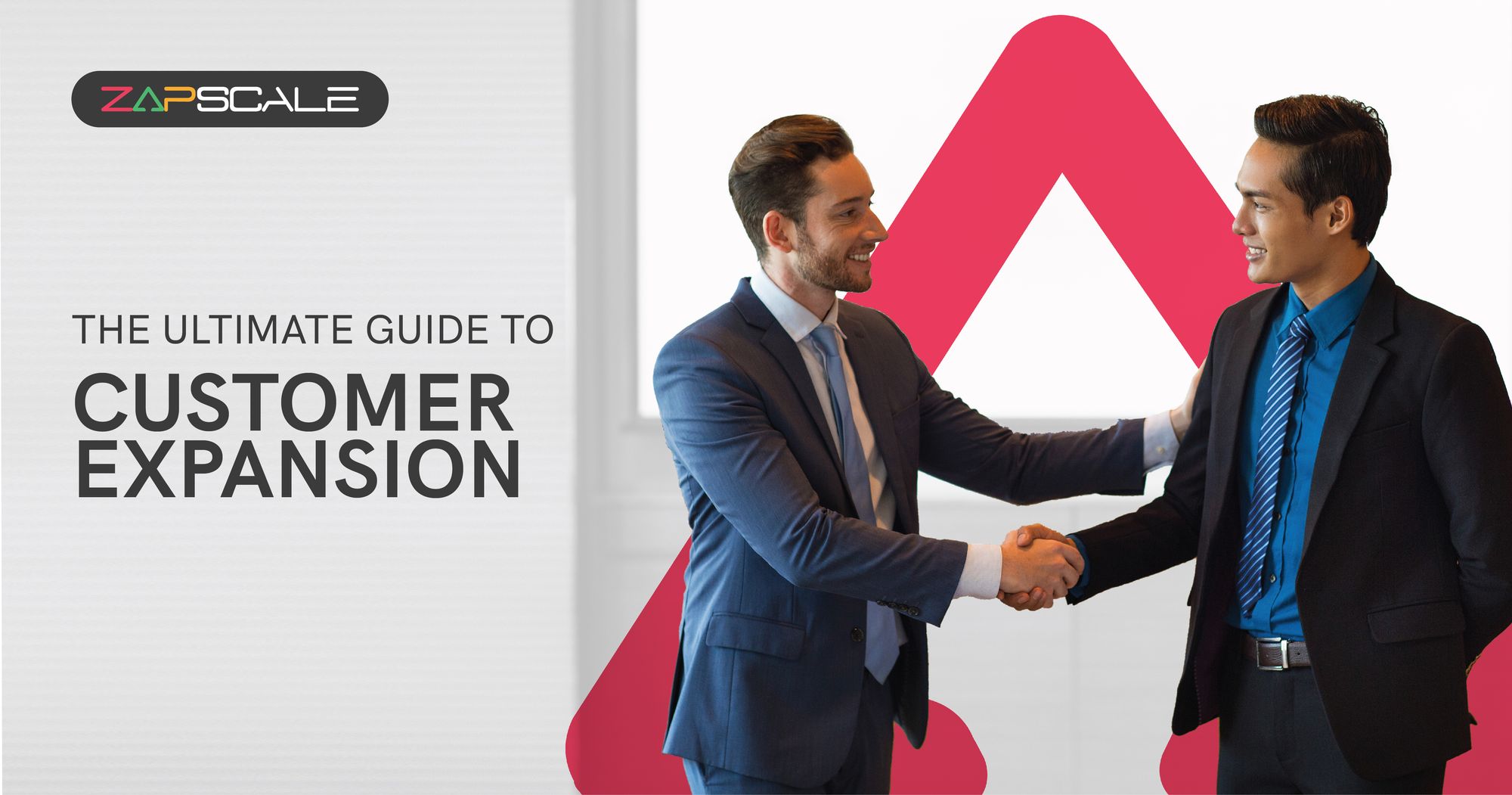
As a business owner or marketer, acquiring new customers is undoubtedly a top priority. However, it's equally important to recognize the growth potential and revenue opportunities that come with expanding your existing customer base. This guide will explore various strategies and tactics to not only retain your current customers but also upsell and cross-sell to them. By implementing these techniques, you can increase customer lifetime value and establish a loyal customer base that drives long-term success for your business. So, let's delve into the world of customer expansion and uncover the keys to sustainable growth.
What is Customer Expansion?
Customer expansion is a proactive strategy that goes beyond mere transactions, it amplifies the overall value derived from existing customers. Customer expansion is a process of adding more value to your existing customer base and promoting purchases more, as a result generating more revenue.
It is one of the most cost-effective marketing methods for brands, as it focuses on retaining customers and reducing expenses associated that comes with acquiring customers. This multifaceted approach not only boosts your company’s financial growth but also solidifies its brand’s image in the market by nurturing long-lasting connections with its customers.
What are the types of Customer Expansion in SaaS?
There are 3 main types of Customer Expansion:
- Up-sell
- Cross-sell
- Add-ons
Upsell
Upselling convinces a customer to upgrade their current plan to a more feature-rich (and typically more expensive) version. This could involve increased storage space, additional users, or access to premium functionalities.pen_spark
A customer is on the free plan with limited storage space. Upsell them to a paid plan with increased storage to accommodate their growing project needs.
HubSpot research says that 88% of the surveyed salespeople upsell their customers.
Cross-sell
Cross-selling focuses on selling the customer additional products or services that complement their existing plan. These add-ons might not be directly part of the core service, but they address related needs and enhance the overall experience.pen_spark
Offer a time tracking add-on to the core project management features. This complements the core service by allowing users to monitor and bill for their time more effectively.
Add-ons
Introducing add-ons when the customer already uses the base product can be beneficial. You can encourage your existing customers to upgrade their products by purchasing add-on plans.
Upselling and cross-selling tips for customer expansion
There are successful tips that you can follow to get your customers to upgrade the product, let us see a few below:
1. Actively listen to your customers
Without actually knowing where your customers are coming from, what is their journey into buying your product, and their motivation to use that product, you can never identify their exact pain points and solve their problems. Hence try to get into their shoes to know their challenges and problems to better up-sell/cross-sell at your end.
Actively listen to what your customers have to say, whether through a phone call or an email, they are always giving out cues for you to leverage them to effectively promote ands sell them premium features. Make sure you don’t miss out on this opportunity.
2. Don't force your customers to buy your products
Do you like being forced to do things you don’t like? Then how can you expect your customers to do things just because you want them to do it? Too much upselling too soon can cause potential problems for your business because the customer might get irritated due to frequent promotional messages.
Wait for your customers to fully realise the value of your product and get convinced to buy the premium feature.
3. Retention Mindset
If your SaaS company is facing high churn rate issues, then it’s high time for you to shift your focus to retaining your customers. First, get to know the reason behind the increasing churn rates through various churn surveys and then suggest plans to your customers to solve these problems.
How CSMs can encourage Customer Expansion?
A. Building Strong Customer Relationships through Value Delivery
Ensuring ongoing customer satisfaction is essential for achieving sustainable success and maintaining customer loyalty in the competitive SaaS landscape. A key principle behind SaaS products is to consistently deliver value to customers through continuous updates, improvements, and innovative features. To achieve this, it's crucial to have a deep understanding of your customer's needs and provide tailored solutions that help them achieve their objectives.
In this sense, managing a SaaS product is similar to renovating a house: the customer success managers act like interior designers, while the product team serves as the architects, constantly refining and enhancing the product to meet the evolving needs of the customer. By prioritizing value delivery and focusing on customer needs, you can create a strong foundation for long-term growth and customer retention.
Think of it like the things we’d do if we had to redo a room in our house.
1. Stay engaged with your customers and regularly solicit feedback 📝
Maintaining a strong connection with your customers and actively seeking their feedback is critical for building a successful product and achieving customer satisfaction. By staying engaged with your customers and regularly soliciting feedback, you can gain valuable insights into their pain points and identify areas where your product can be improved. This, in turn, enables you to prioritize your development efforts and ensure that the features you add align with the needs and expectations of your target audience.
2. Focus on user education and adoption 📖
To maximize the value customers get from your SaaS product, it's crucial to prioritize user education and adoption. This involves creating comprehensive and easily accessible documentation, tutorials, and support resources that enable users to fully understand and utilize the product's capabilities. By doing so, you can not only enhance the user experience but also increase adoption rates and help customers achieve their objectives more efficiently. Ultimately, this results in higher satisfaction and retention rates, solidifying the foundation for long-term success.
3. Continuous product innovation 💡
It's also important to continually innovate and stay ahead of the competition. By staying up to date with industry trends and implementing new technologies, you can provide cutting-edge solutions that exceed customer expectations. Consistently delivering value through a SaaS product requires a deep understanding of your customers' needs, ongoing communication, and a commitment to innovation and improvement.
B. Providing a Seamless Customer Experience
In the SaaS space, customer experience is a crucial factor for driving customer satisfaction, retention, and ultimately business growth. Here are 3 ways you could focus on to provide a flawless customer experience:
1. User-friendly Interface and Navigation 📍
A well-designed user interface and intuitive navigation are key elements of a successful SaaS product. By prioritizing user-friendliness, you can significantly enhance the overall user experience and increase adoption rates. Your interface should be clean and easy to use, with clear instructions to help customers get started quickly. It's important to consider your target audience and design your product, accordingly, making it easy to find and access the most frequently used features.
2. Personalized Communication 📍
Communication is a critical component of ensuring a positive customer experience. Personalizing your communication with customers can help build strong relationships based on trust and loyalty, which can create a sense of belonging among the customers. Consider using customers' names and providing relevant content and tailored offers that align with their needs and interests. Additionally, responsiveness to customer inquiries can demonstrate your commitment to their satisfaction and further enhance the relationship. By prioritizing personalized communication, you can create a positive customer experience that drives long-term success for your business.
3. Consistent Support 📍
Providing consistent and responsive support is essential to ensuring a positive customer experience. To achieve this, offer a variety of support channels such as email, chat, or phone, and make sure that your support team is well-trained, helpful, and responsive. Additionally, creating a knowledge base and tutorials can help customers solve problems on their own, freeing up your support team's time to focus on more complex issues. By monitoring customer feedback, you can identify areas where improvements can be made to enhance the overall support experience and increase customer retention.
Final Thoughts
The Impact of Delivering Value and Improving Customer Experience
After exploring how a competent customer success tool can facilitate the process of customer expansion, it is worth highlighting the various benefits it can yield.
1. Firstly, you can keep your existing customers content and satisfied with your services, leading to repeat business and even referrals. Because now you know just what’s right for them and what builds their happy space by:
👉 Creating a better experience
👉 Tailoring to your customers’ needs
👉 Maximizing value for all involved
2. Secondly, by delivering an outstanding customer experience, you create a positive word-of-mouth effect, which can generate new leads and enhance brand awareness.
And that in turn will:
👉 Build trust for your platform/tool in the market
👉 Increase brand awareness
👉 Generate referrals and consequently new leads
👉 Lower CAC
I could go on and on about this ripple effect, but do you get what I am saying?
FAQs
Q1: What's the difference between customer acquisition and customer expansion?
Customer acquisition focuses on attracting new customers, while customer expansion centers on getting more value from existing ones. Imagine it like planting new seeds (acquisition) versus nurturing your existing garden (expansion) for a bigger harvest.
Q2. Why is customer expansion important?
It's cost-effective – existing customers are already familiar with your brand. A strong expansion strategy boosts revenue through upsells and increased usage, reduces churn by keeping customers happy, and increases customer lifetime value.
Q3. How do I measure customer expansion success?
Track key metrics like Expansion MRR (increased revenue from existing customers), Customer Lifetime Value (total revenue a customer generates), Upsell/Cross-Sell Rate (percentage taking up additional offers), Feature Adoption Rate (usage of new features), and customer satisfaction scores.
Q4. How can I improve my customer expansion strategy?
Understand your customers' needs, segment them for targeted upsells, provide excellent customer service to build trust, offer value-driven pricing that incentivizes upgrades, and continuously gather feedback to refine your approach.
ABOUT THE AUTHOR
Popular from Customer Expansion
Quality Content,
Straight To Your Inbox!
Subscribe for the latest blogs, podcasts, webinars, and events!

Write a Blog
If you have experience in CS and
a flair for writing, we’d love to
feature you.
Write to us on
hello@zapscale.com
